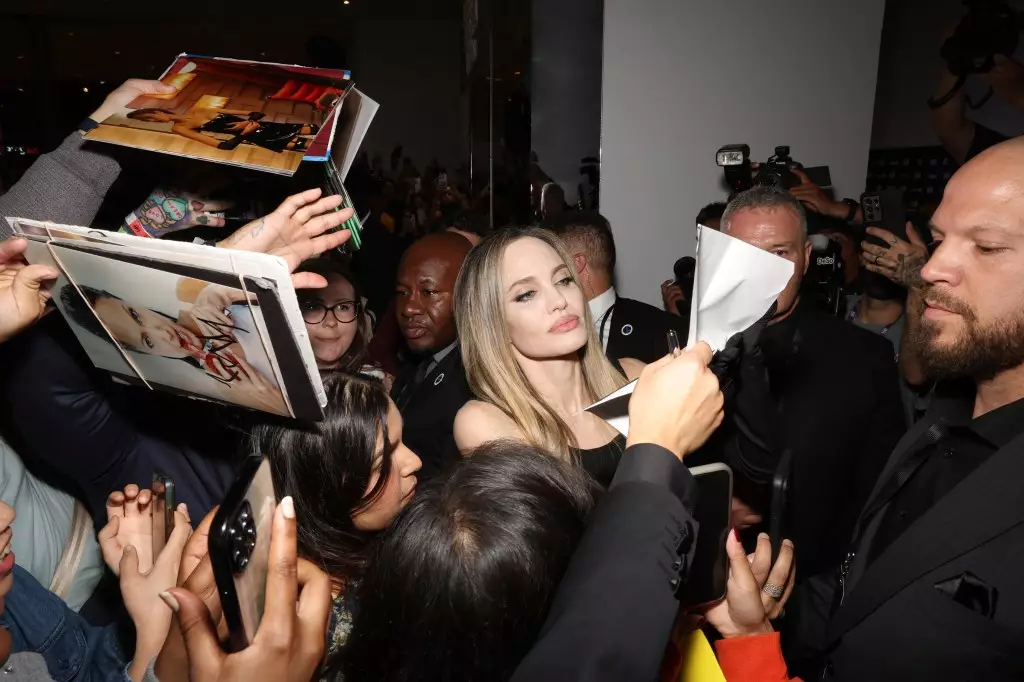Angelina Jolie, the renowned Oscar and Tony winner, has been using her platform in the film industry to shed light on important human rights issues. Through her directorial work, she has brought attention to the long-term impacts of war and the resilience of humanity in the face of adversity.
One of her notable films, “Unbroken,” follows the story of Olympian Louis Zamperini, who survived a harrowing experience during WWII. Jolie’s depiction of Zamperini’s struggles in a prisoner-of-war camp highlights the brutality of war and the human spirit’s ability to endure in the most challenging circumstances.
In the Netflix documentary “First They Killed My Father,” Jolie explores the atrocities committed by the Khmer Rouge regime in Cambodia through the eyes of author and activist Loung Ung. The film serves as a powerful reminder of the horrors of genocide and the importance of standing up against injustice.
Jolie’s latest directorial work, “Without Blood,” based on the Alessandro Baricco novel, delves into the themes of forgiveness and reconciliation. The film tells the story of a woman confronting her father’s murderer, addressing the complexities of trauma and forgiveness in the aftermath of violence.
In her acceptance speech at the TIFF Tribute Awards, Jolie expressed her deep concern for the state of the world today. She acknowledged the challenges of advocating for basic human rights in a world plagued by conflict and inequality. Despite feeling disheartened by the failures of the system, Jolie remains committed to using film as a tool for social change.
As an artist and a director, Jolie has been drawn to stories that explore the darkest aspects of human nature. Through her work, she seeks to understand the root causes of violence and promote empathy and understanding among different cultures. Jolie believes that by sharing stories that highlight our shared humanity, we can bridge divides and strive for a more just and compassionate world.
Jolie emphasized the importance of supporting filmmakers from diverse backgrounds and listening to their perspectives. By engaging with world cinema, audiences can broaden their horizons and gain new insights into the human experience. Jolie’s collaborations with artists from around the globe have inspired her to keep pushing boundaries and challenging societal norms through her work.
Ultimately, Jolie acknowledges that the road to social change is fraught with uncertainty and challenges. However, she remains steadfast in her belief that art has the power to unite people and spark meaningful conversations about the issues that matter most. By staying true to her artistic vision and advocating for social impact, Jolie continues to be a leading voice in the fight for human rights and justice.

